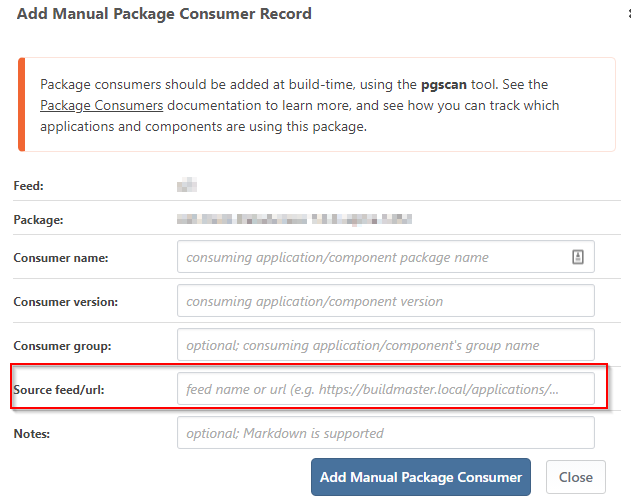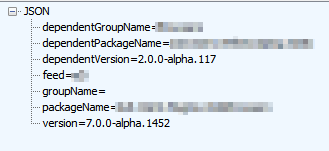So I have an nginx reverse proxy set up as part of my docker stack, which includes other software dev services besides ProGet. I did some more troubleshooting, and if I issue the same HTTP request via curl, I get the same error as with powershell, so powershell doesn't seem to be a factor. But if I issue the curl request from another container inside the docker stack so that the request isn't going through the reverse proxy, it works fine.
I haven't made any changes to the nginx container or configuration, and it's been running for over a month, well before I started having this issue, so I don't think any nginx config change is to blame. But the reverse proxy is a factor somehow.
My nginx config fragment for the proget container looks like:
server {
server_name myserver.com;
listen 8096 ssl http2 default_server;
access_log /var/log/nginx/access.log vhost;
ssl_session_timeout 5m;
ssl_session_cache shared:SSL:50m;
ssl_session_tickets off;
ssl_certificate /etc/nginx/certs/myserver.com.crt;
ssl_certificate_key /etc/nginx/certs/myserver.com.key;
add_header Strict-Transport-Security "max-age=31536000" always;
location / {
proxy_pass http://proget:8095/;
}
}
Other env details: I'm accessing the nginx proxy over https on port 8096, and nginx forwards the request to the proget container on non-ssl port 8095. I read that there are issues with using any kind of URL rewrite with ProGet, so aside from the port number, there's no URL path changing taking place.
Other nginx config if it's relevant:
client_max_body_size 0;
chunked_transfer_encoding on;
proxy_http_version 1.1;
proxy_set_header Host $http_host;
proxy_set_header Upgrade $http_upgrade;
proxy_set_header Connection $proxy_connection;
proxy_set_header X-Real-IP $remote_addr;
proxy_set_header X-Forwarded-For $proxy_add_x_forwarded_for;
proxy_set_header X-Forwarded-Proto $proxy_x_forwarded_proto;
proxy_set_header X-Forwarded-Ssl $proxy_x_forwarded_ssl;
proxy_set_header X-Forwarded-Port $proxy_x_forwarded_port;
proxy_set_header X-Original-URI $request_uri;
proxy_set_header Proxy "";
proxy_buffering on;
proxy_buffers 128 4m;
proxy_busy_buffers_size 256m;
proxy_buffer_size 16m;
proxy_max_temp_file_size 0;
client_body_buffer_size 4m;
proxy_connect_timeout 300;
proxy_read_timeout 3000;
proxy_send_timeout 300;
proxy_intercept_errors off;
and if it's relevant I'm using jwilder/nginx-proxy:1.0 as the proxy image.
Does ProGet have more detailed logs somewhere? The error isn't being logged anywhere I can find (API key access logs, Diag Center log, ProGet Event Log, stdout/stderr from the running ProGet docker container). The "access denied" error I posted before is the literal body of the response, with no other info.
And does any of my nginx config stand out as having problems with ProGet?

